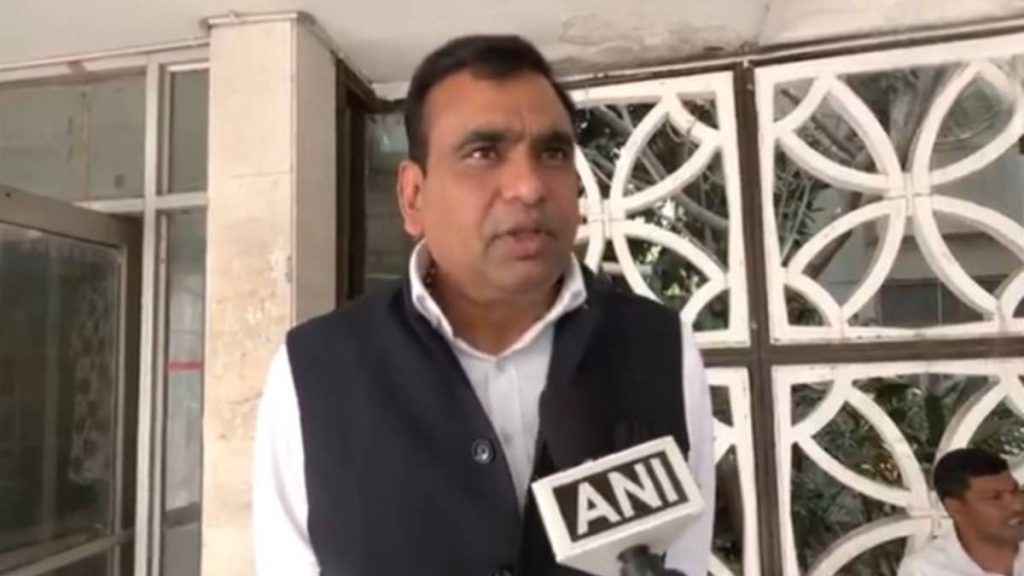Congress MP Kiran Kumar Chamala on Thursday hailed the Supreme Court’s interim directions on the Waqf (Amendment) Act, 2025, calling it a strong rebuke to the Union Government.
Speaking to ANI, Chamala said, “The Supreme Court has given a tight slap to the Union Government by directing that there will be no non-Muslim member in the Waqf Board until the next hearing. At the same time, the Court has ordered status quo on the properties. We welcome the Supreme Court’s decision today.”
The Supreme Court, while hearing several petitions challenging the constitutional validity of the Waqf (Amendment) Act, recorded the Centre’s assurance that no new appointments would be made to Waqf Boards or Councils and that Waqf properties would not be de-notified until further notice.
The Solicitor General, appearing for the Centre, emphasized that the Act was the result of a considered legislative process and informed the court that the government had received numerous representations concerning land classification as Waqf. He argued against a complete stay on the Act and requested a week’s time to file a detailed response.
The court, acknowledging both the concerns raised and certain positive aspects of the legislation, reiterated that while a full suspension of the Act was not justified at this stage, no changes should be made to the existing state of affairs. The bench emphasized maintaining the status quo until judicial review is complete.
In a separate comment, Chamala also responded to Telangana leader K.T. Rama Rao’s remarks on the National Herald case. Dismissing the comparison, Chamala said, “KTR’s analogy is immature. The National Herald case has been ongoing for years. The company floated by Rahul Gandhi and Sonia Gandhi didn’t even conduct financial transactions. Their names were dragged in by the ED due to BJP pressure.”
The Waqf (Amendment) Bill, 2025, which recently received Presidential assent, has faced widespread criticism, with several petitions claiming that it discriminates against the Muslim community and infringes upon their constitutional rights. The case remains under active consideration by the Supreme Court.
